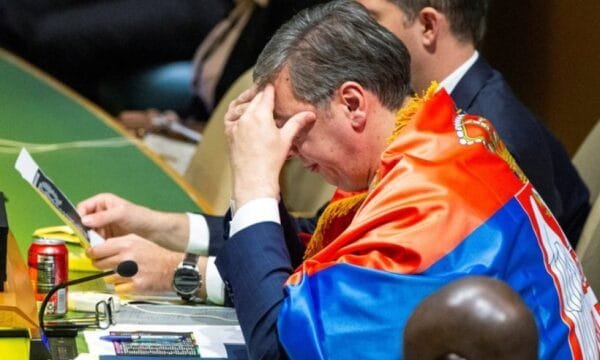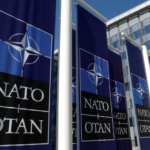United Nations member states voted to declare July 11 as the annual day of remembrance for the victims of the Srebrenica genocide in 1995. The BBC reports that the proposal by Germany and Rwanda passed despite intense lobbying by Serbia against the resolution.
The President of Serbia, Aleksandar Vučić, has said that it has been “politicized” and that there is a risk that Serbia and the Serbian people will be considered collectively responsible for the genocide.
In the end, 84 member states voted to establish the “International Day of Remembrance and Remembrance of the Genocide in Srebrenica 1995”. Serbia can point out that it was exceeded with 19 votes against and 68 abstentions.
But, the BBC report points out, the relatives of the more than eight thousand Bosnian Muslim men and boys who were killed in the genocide will feel greater satisfaction. Bosnian Serb forces systematically killed peacekeepers who were supposed to be protecting the UN “protected area” of Srebrenica in eastern Bosnia after they overran them.
The BBC also points out that Vučić emphasized that the Srebrenica resolution “is not about reconciliation, not about memories, but about something that will open new wounds, not only in our area, but also in this hall.”
Even in Serbia, however, some are wondering why their government has so strongly opposed the resolution. After all, the proposal expressly states that only individuals are punished for genocide and that guilt “cannot be attributed to any ethnic, religious or other group or community as a whole.”







